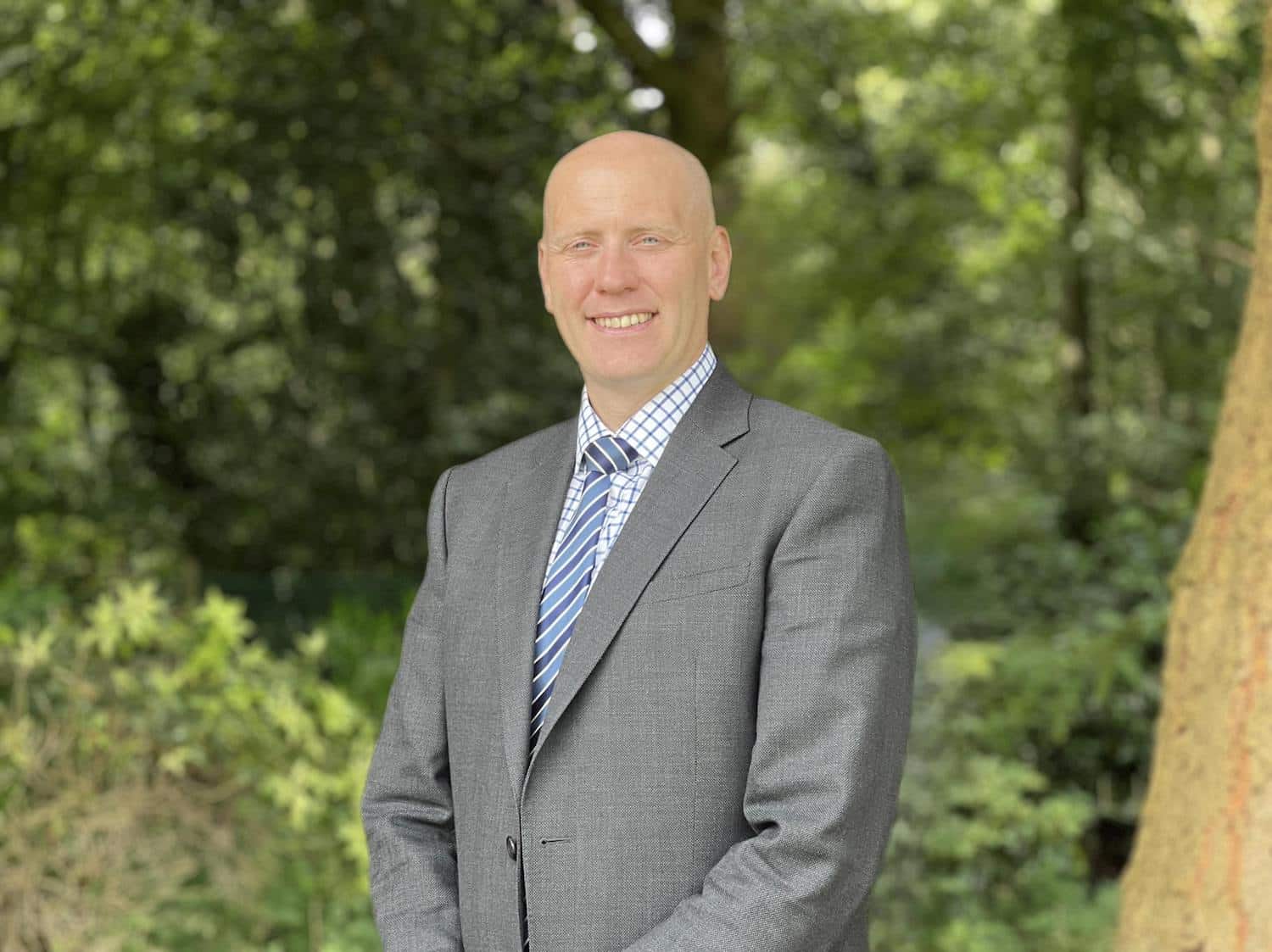Nick joined the Junior School at the age of eight in 1945 and fondly recalls the warm welcome he received from Miss Mackie, who encouraged and supported him from the start. “She made me feel very welcome and put me second in the class at the end of the session,” he recalls. His time at school was enriched by participation in the annual Usher Hall prize-giving concert, a highlight of his school experience.
Sports also played a significant role in his early years, and took inspiration from the PE teacher, who coached rugby and cricket. However, it was his Latin teacher, Charlie Stewart, who had a lasting impact on his academic choices. “It’s through his guidance that I studied law at university,” he explains. A visit from former pupils who were studying law further solidified his decision, as he learned that Latin was essential for Scots Law due to its roots in Roman law.
Nick embarked on a law degree at the University of Edinburgh, initially thinking he would become a solicitor. However, as he progressed through his course, he was drawn to the more dynamic nature of advocacy. “I thought I was going to be a solicitor, but as I went through my law studies, I realised it was more dramatic to be an advocate or barrister.” He graduated M.A., LL.B. after a five year course which included an apprenticeship during the final three years with an Edinburgh solicitor.
As he approached the end of University, multinational companies actively were recruiting graduates, and BP stood out as an exciting opportunity. “By then, I’d heard that the solicitors’ firm where I was apprenticed wouldn’t have space for me once qualified, so I looked at other options.” His interest in international business had also been sparked by conversations with friends of his girlfriend’s family, who had spent time in India. “The broader horizons appealed to me,” he says.
BP offered Nick a wealth of opportunities, and he quickly established himself in the company. His first role was in the supply department, dealing with oil logistics on a large scale. “My job was to ensure that oil was reaching storage tanks in Rotterdam, Germany, and Switzerland,” he recalls. His first overseas posting came in 1966 when BP was building a refinery in Rotterdam. “By then, I knew enough people in the city through my earlier ventures, and my wife loved the move as she had lived her first five years in Karachi.”
One of his most memorable assignments was managing BP’s operations in Turkey, where he arrived during a military coup in 1980, because of which there was a curfew 11pm – 7am. “It was quite difficult being a foreign oil company in Turkey at the time because the country was still a new democracy, and they were suspicious of international companies,” he explains. Despite the challenges, he embraced the experience, learning Turkish and navigating the complex political and business landscape.
Later, as Assistant Director for Europe in Brussels, he played a key role in BP’s structural reorganization. “BP was transitioning from a regional to a business-based structure. My job was to guide BP subsidiary companies through this change,” he explains.
Nick saw significant changes in the oil and gas industry during his career. “When I joined in 1961, the cost of bringing crude oil from the Gulf to Northwest Europe was higher than the value of the cargo itself.” The industry underwent a major shift when oil-producing nations began nationalising fields and charging commercial rates for crude oil, leading to widespread restructuring and cost adjustments.
Looking back, he considers the later years of his career to be the most rewarding. “I enjoyed that,” he says. He took pride in his leadership, ensuring that his team respected him and appreciated his management style. “They knew I wasn’t asking them to do anything I couldn’t do myself. I never heard anyone say, ‘Thank God he’s gone!’ when I moved on from a role.”
Nick credits his adaptability as a key factor in his success. “I trained for five years as a lawyer and then didn’t do legal work, so I had to be flexible,” he explains. He also highlights the importance of careful listening and strategic contributions in meetings. “I tried not to be noisy unless I had something positive to contribute.”
Interestingly, he did not have a specific mentor during his career. “I think that was a good thing – having a mentor can sometimes give the impression you’re riding on their coattails.” Instead, he developed his own leadership style and relied on his ability to assess situations independently.
For those considering international careers, he advises careful decision-making. “Be sure you have a good reason for choosing your first job. Don’t just take the first offer.” He acknowledges that today’s job market is more competitive than when he started, making strategic career moves even more important.
Since retiring nearly 30 years ago, Nick has enjoyed a fulfilling life. “I played a lot of golf, spent time in the garden, though I eventually asked the gardener to come back, and went to the theatre more.” From 1996 to 2016, he volunteered with the Talking Newspaper Association, recording articles from The Economist, The New Scientist, and The Sunday Post for visually impaired listeners. “We started with cassettes, then moved to CDs and memory sticks – it was rewarding work.”
These days, he enjoys reading, socializing in his village and walking in the East Sussex countryside, having recently sold his place in London. “It’s a much lower-key lifestyle now, but I still stay active.”
Looking back, he wouldn’t change a thing. “It was all so exciting – learning and teaching myself along the way.” His advice to young people is to embrace a broad skill set. “At school, I was an all-rounder and reasonably academic – I was in the first XV, first XI, tennis team, debating society, and cadets. That diversity of experience helped when I joined BP. I felt well-prepared for anything.” Being involved in sports teams taught me the value of teamwork.
His fondest school memory remains the Usher Hall concerts. “I only ever fell out with one teacher, the music master, but despite that, I loved the concerts. It was about feeling part of something bigger.”
From school to international business, Nick Carrie’s journey is a testament to adaptability, leadership, and lifelong learning.






